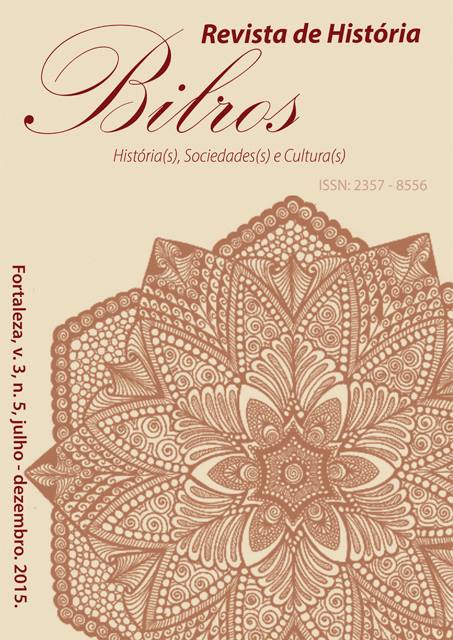JECA TATU, UNABLE TO EVOLUTION AND IMPENETRABLE TO PROGRESS
THE SIMULTANEITY OF HISTORIC TIMES IN THE NATIONAL TERRITORY IN MONTEIRO LOBATO’S WORK (1914-1919)
Keywords:
Monteiro Lobato, Jeca Tatu, Nation, Time, ProgressAbstract
In November 1914, the article “Uma velha praga” was published by Monteiro Lobato, in the “Queixas e Reclamações” section of the newspaper O Estado de São Paulo. Then an unknown writer, Lobato described himself as “a voice from the hinterland” that came to tell the city people about he destruction caused by the caboclo in the backcountry. On the following month, and excited about the impact of his article, he deepened his criticism by producing a caricature: Jeca Tatu, a kind of Peri in reverse. Impenetrable to progress, Jeca symbolized slowness, archaic relations of production, ignorance, paternalism of the oligarchies and the existing gaps of time in the country. This article seeks to understand how the simultaneity of historic times in the national territory was understood in Monteiro Lobato’s work, especially between 1914-1919. As a hypothesis, I believe the supposed gap between the inland population and temporal acceleration in the country’s metropolises, Rio de Janeiro and São Paulo, was felt as a tension between a “space of experience”, indentified with rural areas in which he grew and where he managed his farm, and a “horizon of expectations”, a country – Brazil – where it’s rural populations could be incorporated to progress – making use of Reinhart Koselleck’s concepts.
Published
How to Cite
Issue
Section
License
Copyright (c) 2022 Daniel Alencar de Carvalho

This work is licensed under a Creative Commons Attribution-NonCommercial 4.0 International License.






